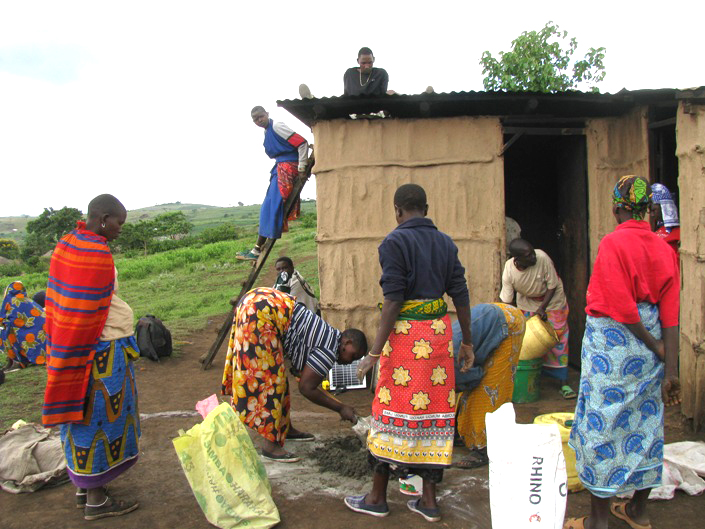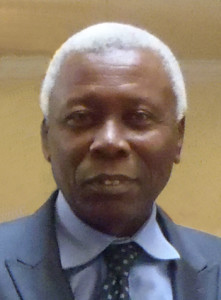Our History
 In 1992 Robert V. Lange founded the International Collaborative for Science, Education, and the Environment (ICSEE), a non-profit corporation. Its first programs helped to establish women’s businesses and clean water resources in remote Zanzibar villages.
In 1992 Robert V. Lange founded the International Collaborative for Science, Education, and the Environment (ICSEE), a non-profit corporation. Its first programs helped to establish women’s businesses and clean water resources in remote Zanzibar villages.
Previous to founding the International Collaborative, Dr. Lange had long experience as an international science educator. He developed teacher training methods in the U.S. and Tanzania at the elementary and secondary levels. His environmental education actions include the organization of the 1999 Halki Ecological Institute, a retreat for the study of environmental science for clergy and journalists near the Black Sea.
Lange’s work in Tanzania began when he when he joined the faculty of the University of Dar es Salaam as a visiting physics professor in 1986. He continued with the Ministry of Education of Zanzibar as an advisor and program developer from 1988 to 1995, and as a consultant on opportunities for girls and women in science. At the same time, he consulted on access to science education for the Donors to Africa Education.
History of the Maasai Stoves & Solar Project
As a supporter for a secondary school in the Maasai village of Eluwai, the ICSEE was invited by the school’s founder in 2009 for a visit. The founder asked Lange to evaluate the problems of health-threatening indoor smoke plaguing the homes of the people, and high wood fuel consumption. When Dr. Lange viewed the conditions the Maasai were facing, he decided to focus on this area as one particularly appropriate for the stove and solar work of the ICSEE.
A meeting with the women and men of Eluwai yielded an immediate enthusiastic response to the idea of removing smoke from the houses. The women hated the smoke, but had not realized that it could be changed. After seeing the solar panels and the lights at work, and hearing answers about safety from fire and electric shock, the people became enthusiastic about that too.
Together with the people, Lange began designing an efficient stove that would be fit in the homes, get the smoke out, and would work well for the women’s traditional cooking methods. After extensive study and experimentation, the Project developed prototypes in Eluwai and the U.S. MSS sourced local metal workers, brickmakers, materials, and tool vendors in Monduli town and Arusha.
After testing many prototypes with the Maasai women, in their homes, the Project readied a durable model for wide-spread distribution. In all, this took a year and a half. .
